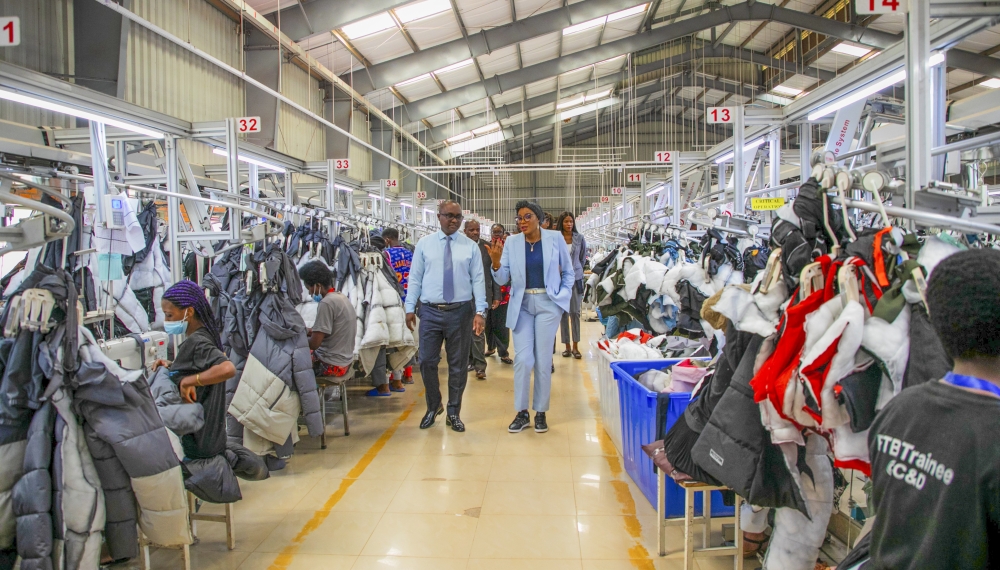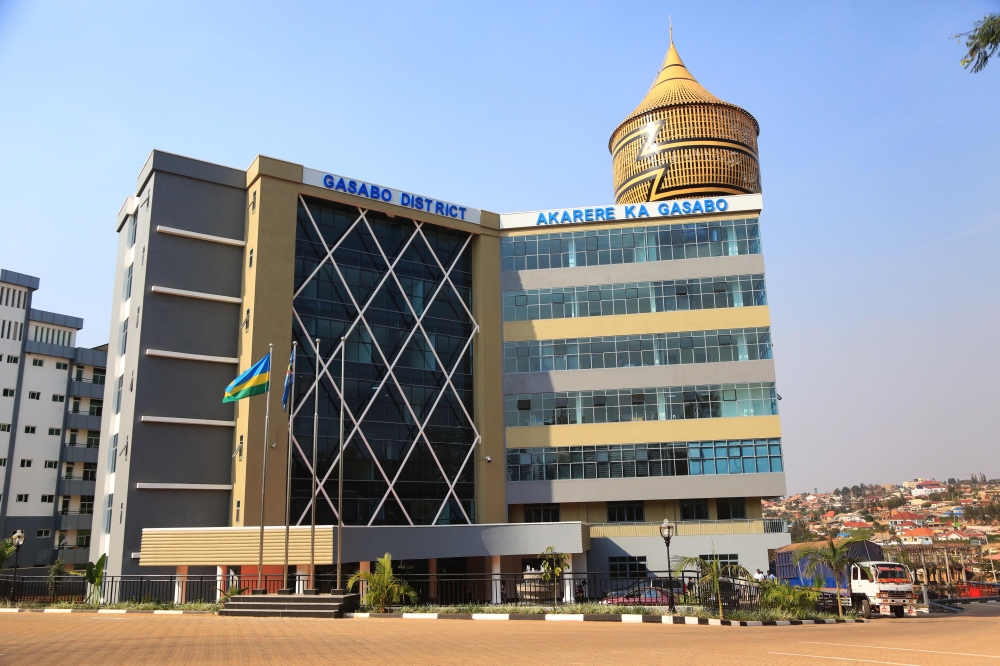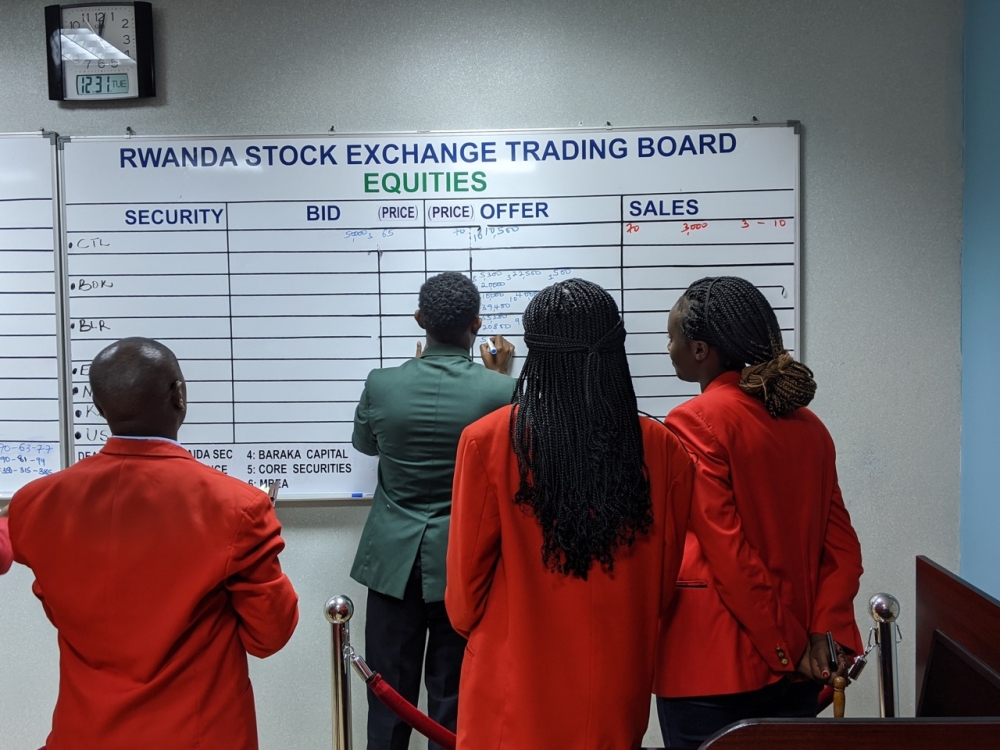

Industrial output of the formal sector increased by 4.6 per cent in June 2024 compared to the same period of the previous year, according to the latest Index of Industrial Production released by the National Institute of Statistics of Rwanda (NISR).
The Index of Industrial Production (IIP) is a statistical instrument used to monitor the monthly trends in the output of industrial activities - amount of goods produced by factories and other industrial businesses - in Rwanda.
ALSO READ: Rwanda mulls new 10-year policy to boost economy
The index is also used as a tool to compare the performance and growth of the state in the local industrial sector.
In June, electricity output increased by 37.3 per cent, while water and waste management increased by 15.4 per cent in the same period.
Mining and quarrying activities decreased by 13.3 per cent. A sluggish mining sector performance could also alter the country’s industry’s growth.
Manufacturing activity increased by 13.8 per cent, maintaining a double-digit growth compared to the figures of the same period in 2023.
According to the index, the manufacturing activity registered positive changes in some of its components including a 25.6 per cent increase in wood, paper, and printing.
Manufacturing of metal products, machinery, and equipment also increased by 13.3 per cent, while chemicals, rubber, and plastic products grew by 5.4 per cent in the same period.
"However, a 50 per cent decrease recorded in non-metallic mineral products dampened the increase in manufacturing activity,” NISR said in the report, indicating that food processing, as well as textiles, clothing and leather products grew by only 2 per cent and 0.8 per cent, respectively.
Rwanda’s industrial sector is a key contributor to the country’s economy, a move that has prompted the government to revise the industrial policy to attract more investment in the country.
In an earlier interview, the Permanent Secretary at the Ministry of Trade Richard Niwenshuti told this publication that the new 10-year policy under review spans several instruments including public investment, tax incentives, technology policy, and investment and export promotion.
"The new Industrial Policy aims to accelerate structural transformation, develop competitive industries, and promote sustainable, inclusive growth. It focuses on high-growth subsectors, green industrialization, and including women, youth, and vulnerable groups,” Niwenshuti said in an earlier interview.
The policy also seeks to prioritise increasing local industrial production, adding value to agricultural and livestock products, and promoting the Made in Rwanda brand, among other key areas.




